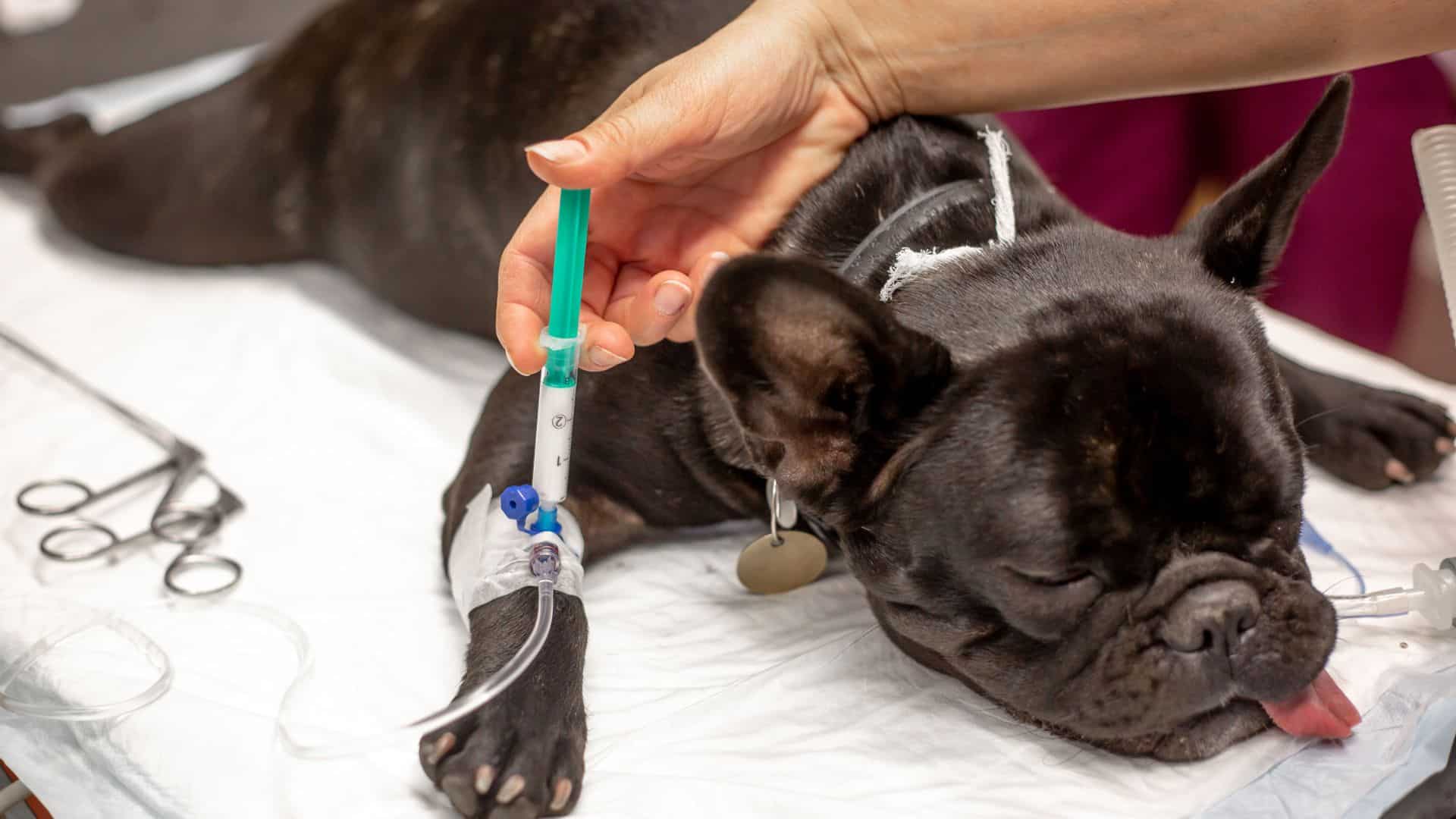When your furry friend requires a medical procedure that involves anesthesia, it’s essential to ensure his safety and well-being.
Asking the right questions can provide peace of mind and help you understand the process better.
In this article, we’ll explore seven crucial questions to ask your veterinarian before your dog goes under anesthesia.
#1 What Is The Reason For Anesthesia?
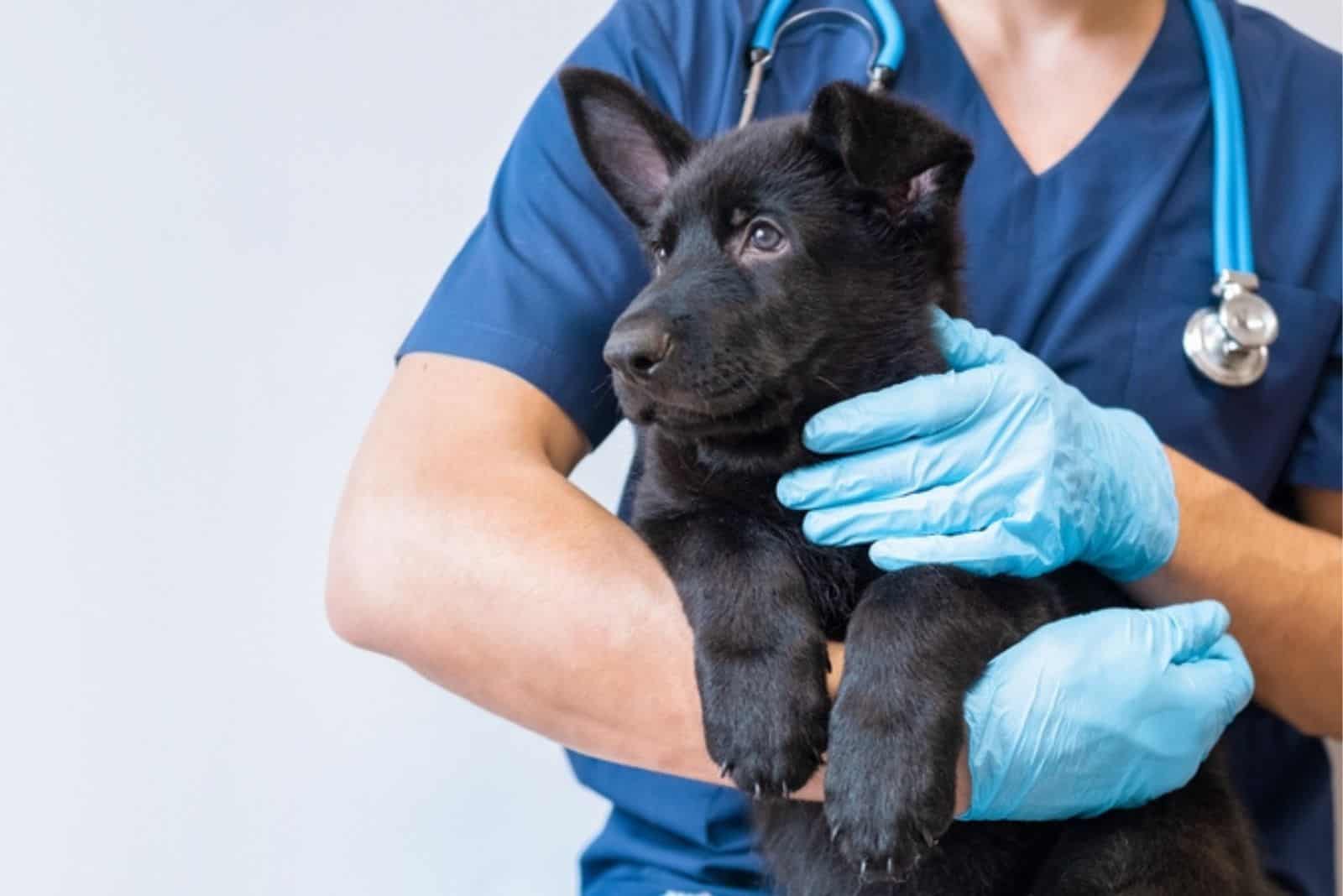
Ask your vet to spill the beans and reveal the specific procedure or treatment that demands anesthesia.
For example, spaying or neutering your dog will require general anesthesia, whereas some smaller procedures like wound cleaning could only require light sedation.
Remember, understanding why your dog needs anesthesia is a must.
#2 Is My Dog A Good Candidate For Anesthesia?
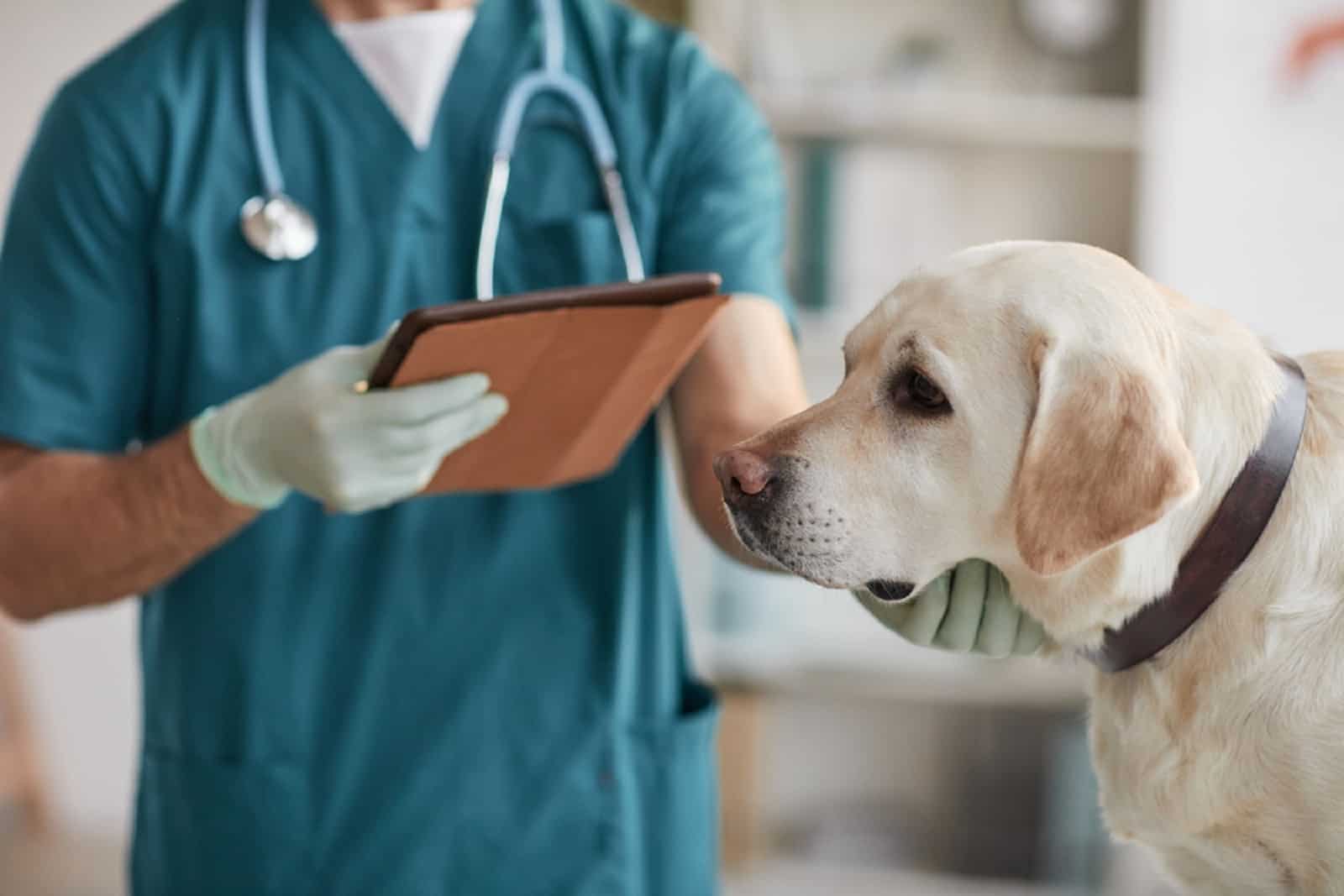
Is your dog a top candidate or an underdog when it comes to anesthesia?
Every pooch is unique, so don’t hesitate to ask your vet about your furry friend’s suitability for anesthesia.
Share your concerns and discuss your dog’s age, breed, current health status, and any pre-existing conditions.
If your pup has heart disease, liver or kidney disease, then these conditions might potentially lead to complications.
#3 What Pre-Anesthetic Testing Is Required?
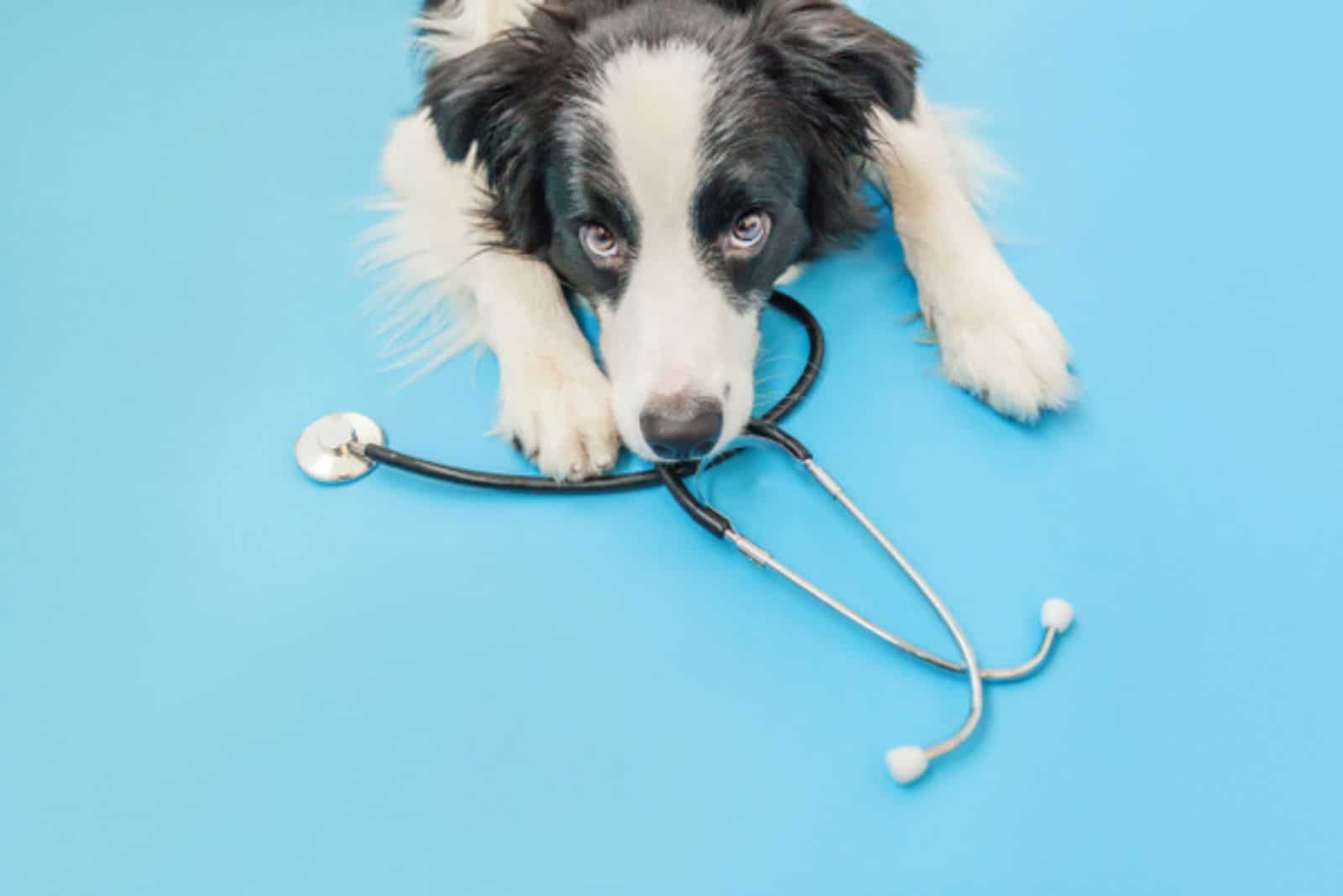
Prior to the procedure, your veterinarian may recommend various tests to ensure your dog is in tip-top shape. Think of it as a thorough health check-up.
Will it involve bloodwork, electrocardiograms (ECG), or maybe even radiographs?
By understanding these tests, you’ll have a clearer picture of your dog’s overall health and the safety measures being taken.
#4 Are There Any Potential Side Effects Or Risks?
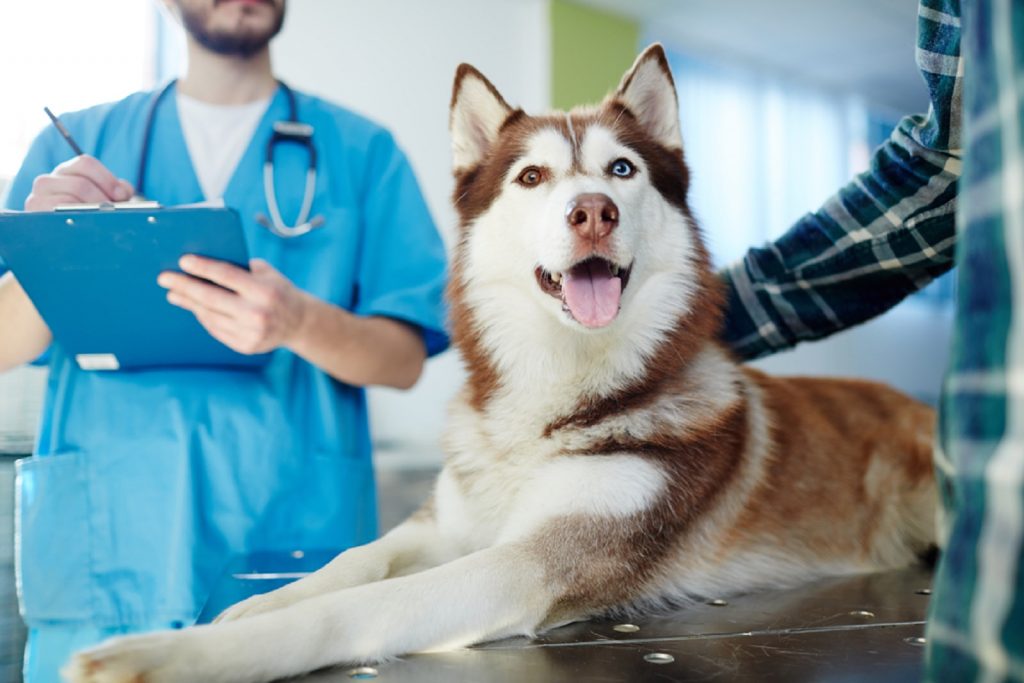
Anesthesia, like any medical procedure, comes with a fair share of risks.
Ask your vet about the potential side effects and risks associated with the anesthesia your dog will receive.
Your vet should be able to explain the common risks and address any specific concerns you may have.
Remember, being aware of these risks will help you make an informed decision and prepare for any potential complications.
#5 How Will Pain Management Be Handled?
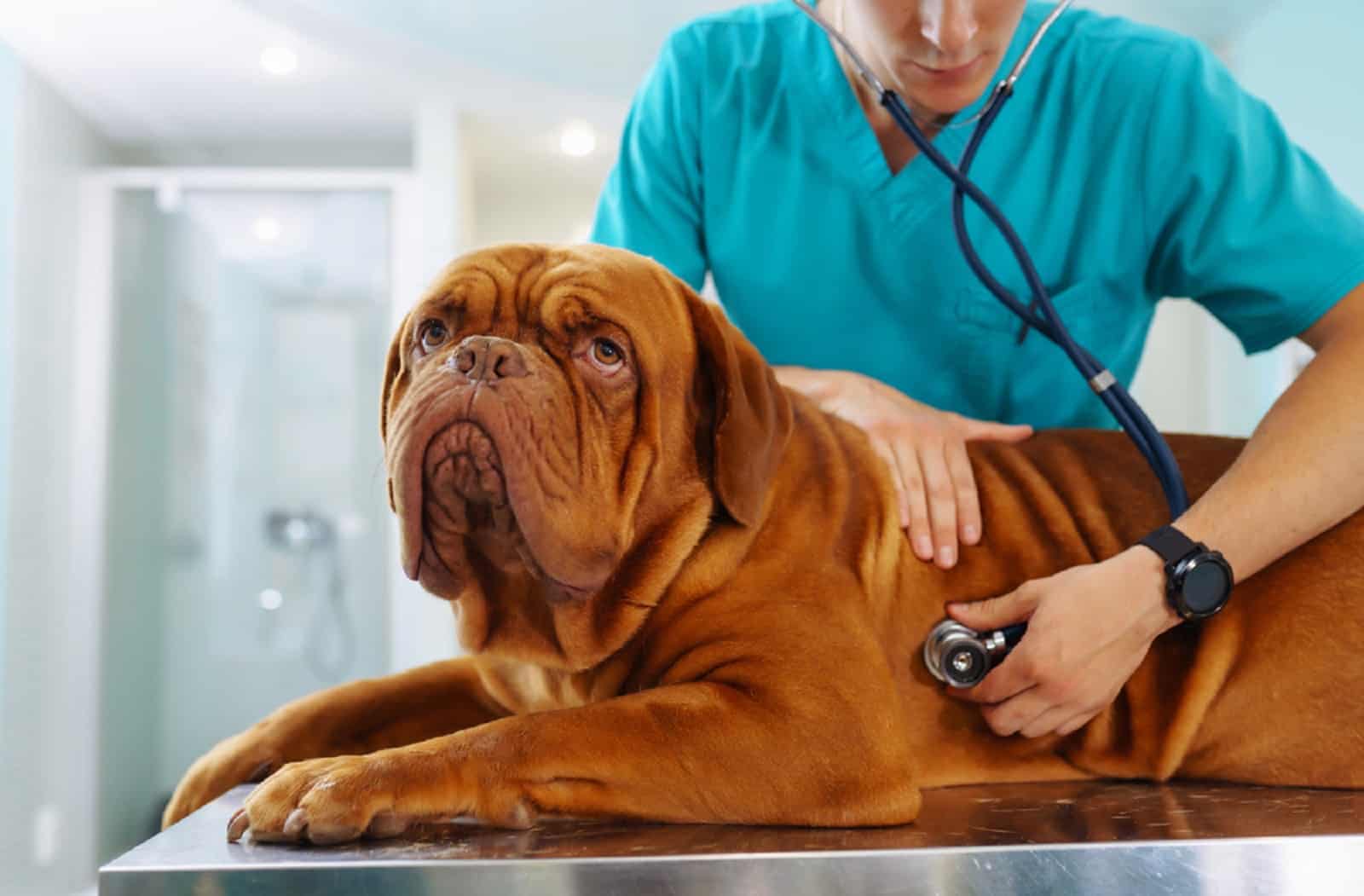
Ensuring your furry friend’s comfort and speedy recovery after the procedure is of utmost importance. So, let’s talk pain management!
Have a friendly chat with your vet and ask about their plan to keep your dog comfortable.
Inquire about the medications they’ll use and any special techniques to soothe your pup’s post-operative pain.
#6 What Is The Anesthesia Protocol
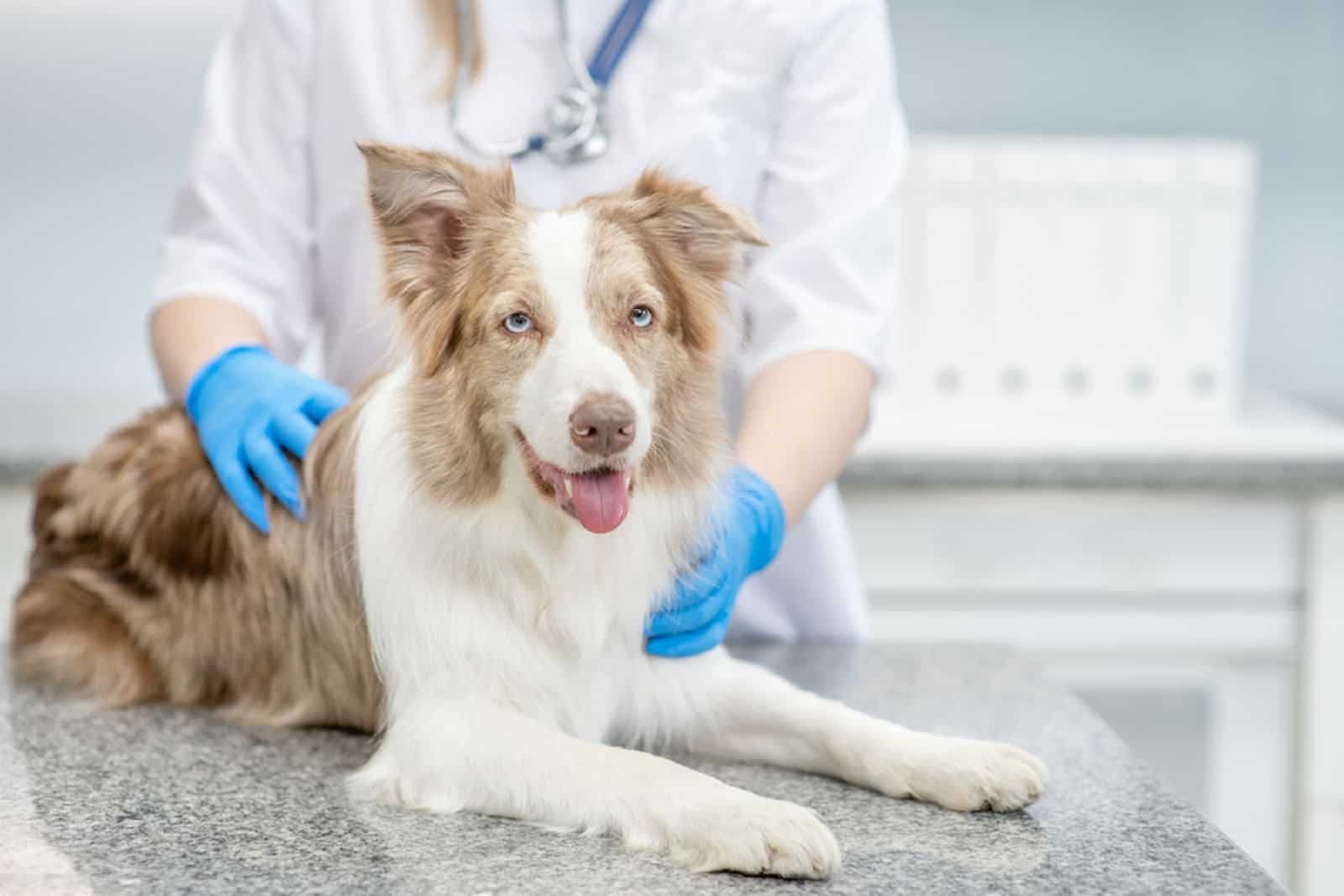
Ask your veterinarian about the specific plan they have in store for your dog.
Find out what type of anesthesia will be used, the dosage tailored to your pup, and the monitoring procedures during the procedure.
Understanding these steps will give you a glimpse into the level of care and expertise your vet will bring to the table.
#7 What Are The Post-Anesthetic Care Instructions?
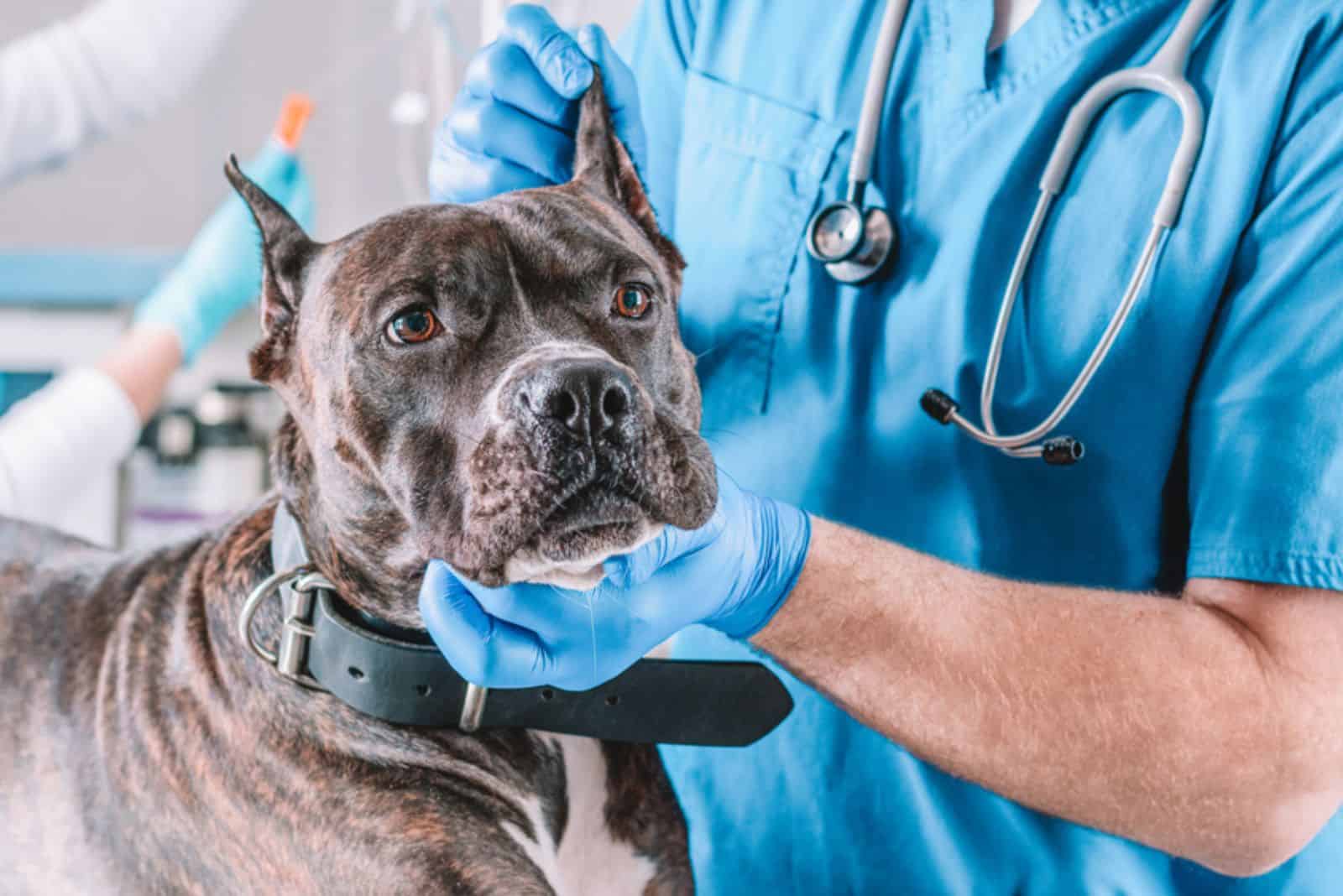
After the procedure, your pup will need your loving care to ensure a smooth recovery. Don’t hesitate to ask your veterinarian for the post-anesthetic care guidelines.
He or she will provide you with valuable information about wound care, diet restrictions, medication schedules, and the warning signs of any potential complications.
Armed with these clear instructions, you’ll be empowered to provide the necessary care and keep a watchful eye on your furry friend’s progress.
Final Thoughts
Asking critical questions before your dog undergoes anesthesia is essential for their safety and your peace of mind.
By understanding the procedure, risks, and aftercare, you can make informed decisions and ensure the best possible care for your furry best friend.
Remember, your veterinarian is your ally in this process, and open communication is key to a successful outcome!
